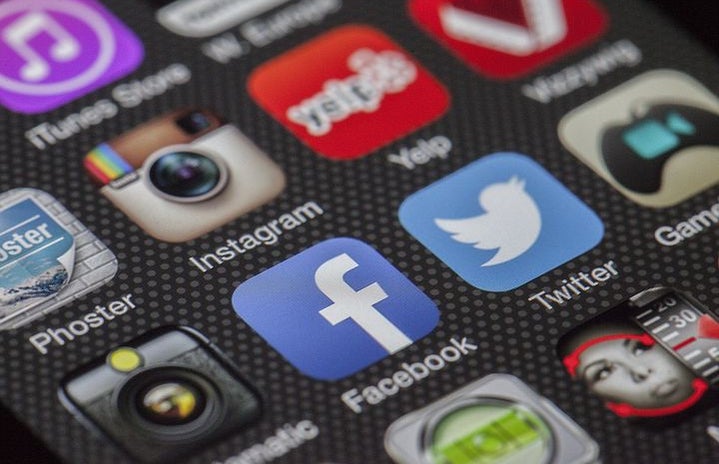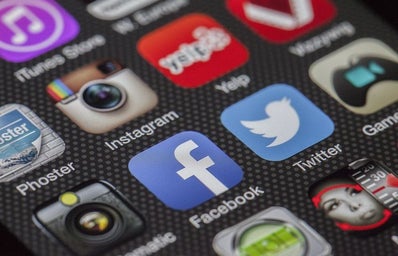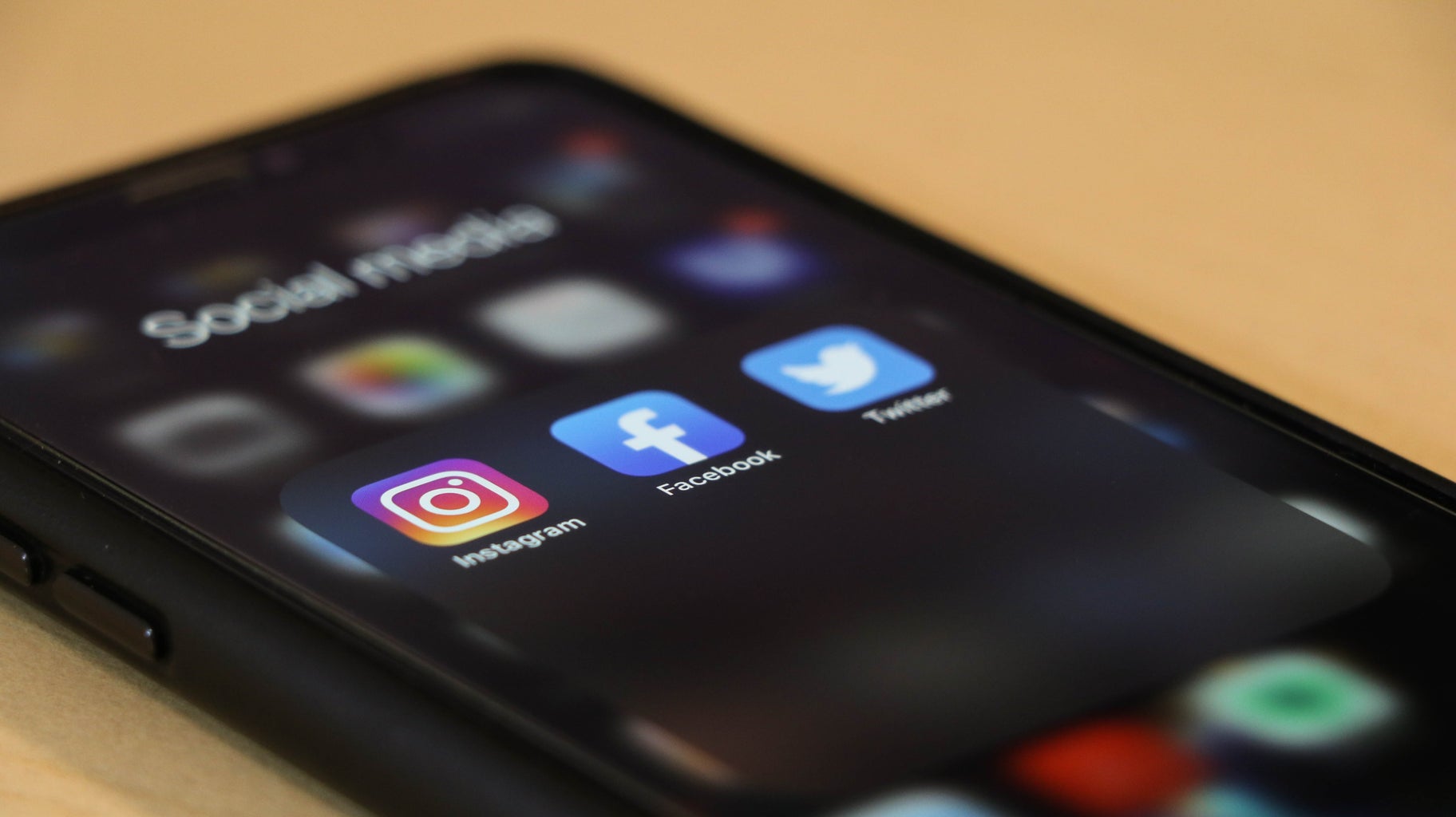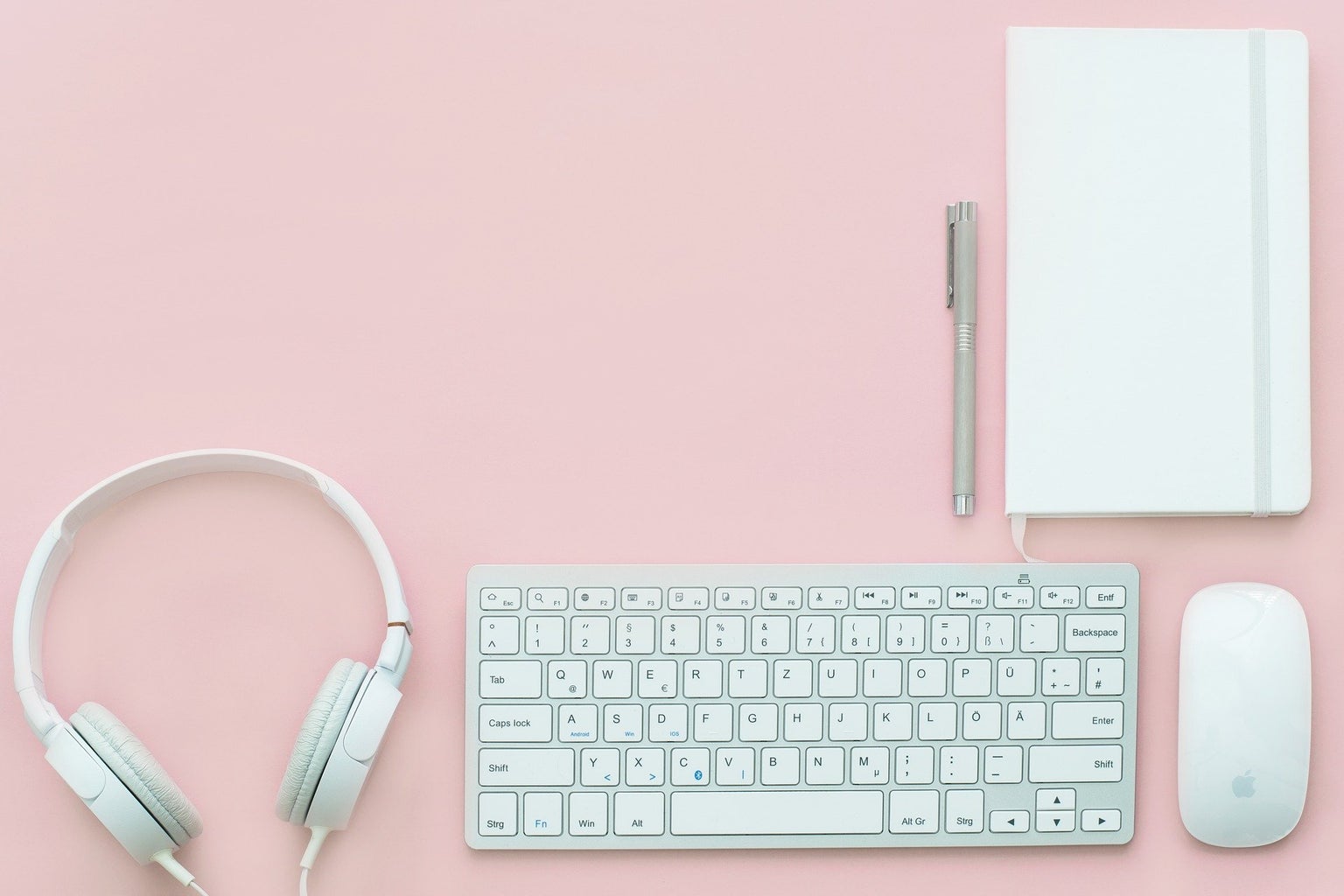I blame social media for my deteriorating attention span. Apps like TikTok, where the maximum video is 60 seconds long, make movies and TV shows feel like an eternity. Embarrassingly, some of the longer TikTok videos still have me swiping, especially if they aren’t instantly engaging. I find it hard to sit down and commit to a full TV series. The fleeting there-and-gone concept of Snapchat, and the constant updates of never-ending Instagram stories, both fill up our attention so often that there is little room for anything else.
I find myself resorting to my phone when I’m watching a movie or a show. For some reason, the entertainment that is presented in front of me is no match to the fast rewards of viewing someone’s Instagram or Snapchat story. I hate that I have this attachment to not one, but multiple sources of visual entertainment. With that being said, I am still subject to its consequences and not doing much to change it.
Hoping I wasn’t the only one who noticed my decreasing attention span when it comes to entertainment, I took to Google. According to CounterCurrents.org, humans in 2021 take in five times as much information as we did in 1986. With so much information constantly streamlined to us, it feels like there is no escape. It makes sense why we can’t focus on one thing at a time because we are being distracted by stimulation coming from every direction.
A Microsoft Corporation 2015 study found that from the year 2000 until the time of the study, the average person’s attention span decreased from 12 to 8 seconds. While that margin might seem small, it has a huge impact. Microsoft directly attributed this statistic to the evolving mobile internet. This study was conducted six years ago, so that margin has only increased since then. Study subjects explained that when there was nothing occupying their attention at any given moment, they immediately resorted to their phone. I find this true within myself. It feels uncomfortable to sit with ourselves and our thoughts. We’ve become dependent on this constant need for our brain to be clogged with information, usually unproductive information at that. We spend our time watching other people live their lives through Snapchat or Instagram rather than being present on our own.
None of this information is new. For years, I have heard about the negative effects of social media on our mental health, self-esteem, and how our brain processes information. I now sit here wondering what I do with this information. The obvious answer is to delete the apps that cause the problem. While decreased TikTok screen time would help, we live in a world where digital stimulation is everywhere and unavoidable. In schools, much of my work is computer-based. So, even if I am not staring at my phone screen, I spend hours on my computer. The way that our modern society interacts with each other is also through media, so would giving up this digital communication jeopardize the human need for socialization and connection?
For now, I challenge myself and you all to embrace the awkward moments in between where our instinctive reaction is to reach for our phones and to rather be ok with sitting with our thoughts.
Want to keep up with HCBU? Make sure to like us on Facebook, follow us on Instagram, check out our Pinterest board, and read our latest Tweets!




